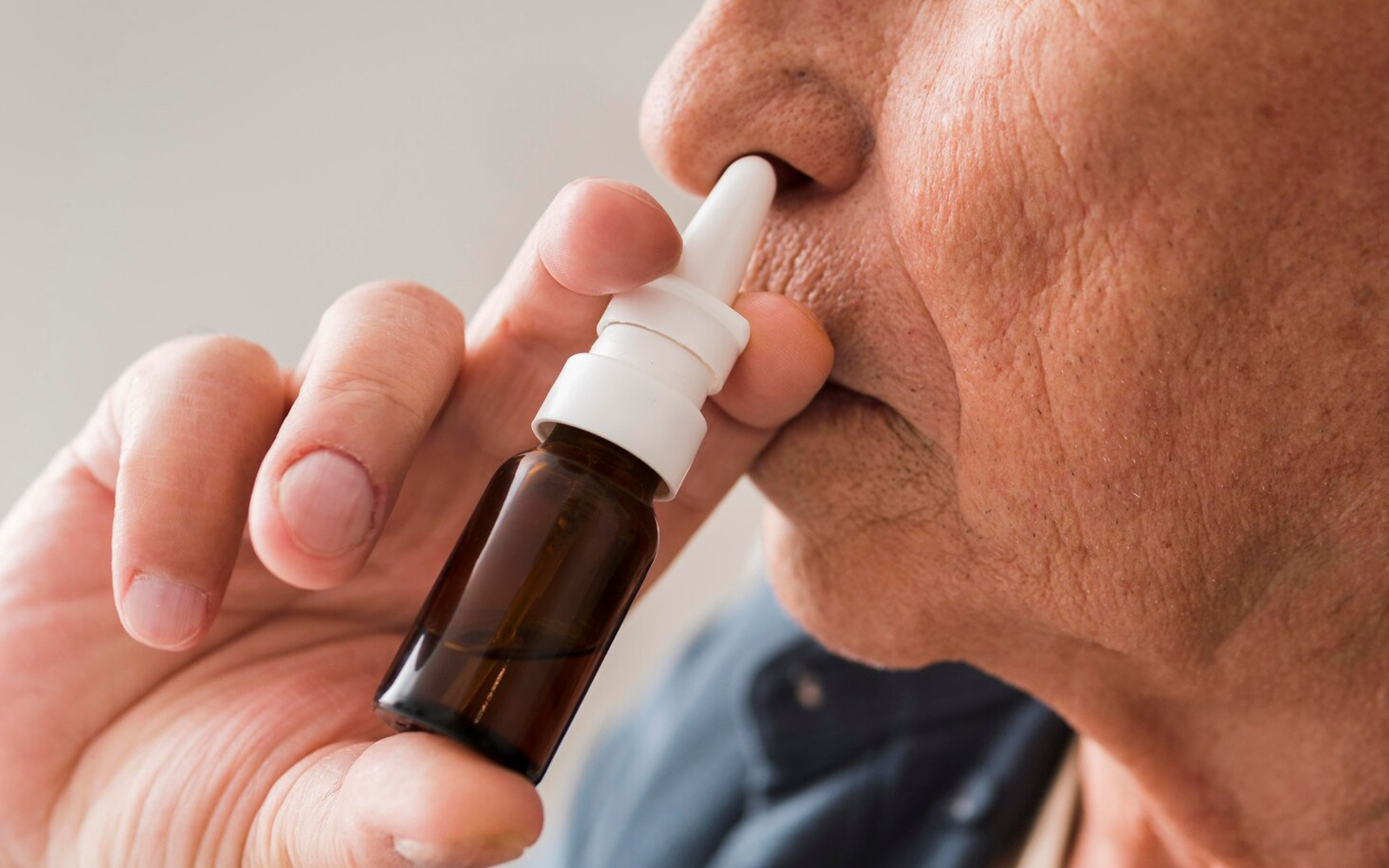
Most people make a common mistake when dealing with a nosebleed.
While nosebleeds can be alarming, they typically are not a medical emergency. The amount of blood lost is often much less than it appears. It is rare for someone to lose a significant amount of blood and go into shock from a nosebleed alone. Other underlying conditions, such as blood clotting disorders, usually contribute to more severe cases.
Contrary to popular belief, tilting your head back during a nosebleed is not recommended. This can cause blood to flow down the throat into the esophagus or airways, leading to nausea, vomiting, and even choking. It is also advised to avoid lying down during a nosebleed.
Proper Steps to Treat a Nosebleed
- Lean Forward: Slightly tilt your head forward to prevent blood from flowing into your throat.
- Pinch Your Nose: Use your thumb and index finger to pinch the soft part of your nose, just below the bony bridge.
- Breathe Through Your Mouth: This helps keep the airway clear while pinching your nose.
- Maintain Pressure: Keep pinching your nose for at least five minutes without checking if the bleeding has stopped.
- Apply Cold Compresses: Use a cold pack or ice wrapped in a thin cloth and place it on the bridge of your nose. The cold helps constrict blood vessels, slowing blood flow and aiding clotting.
Preventing Nosebleeds
Nosebleeds can result from various factors, including frequent nose picking, injuries, dry air, allergic rhinitis, and inflammatory conditions. If you frequently experience nosebleeds, it’s worth identifying potential triggers. Common causes can include high blood pressure or clotting disorders.
Nosebleeds are often more common during colder months due to frequent upper respiratory infections and drier air. Here are some tips to prevent them:
- Keep Nasal Passages Moist: Use a humidifier to maintain adequate humidity levels in your home.
- Stay Hydrated: Drink plenty of fluids to keep your mucous membranes moist.
- Use Nasal Sprays: Saline nasal sprays can help keep the nasal passages from drying out.
By following these steps and maintaining a healthy environment, you can effectively manage and prevent nosebleeds.


